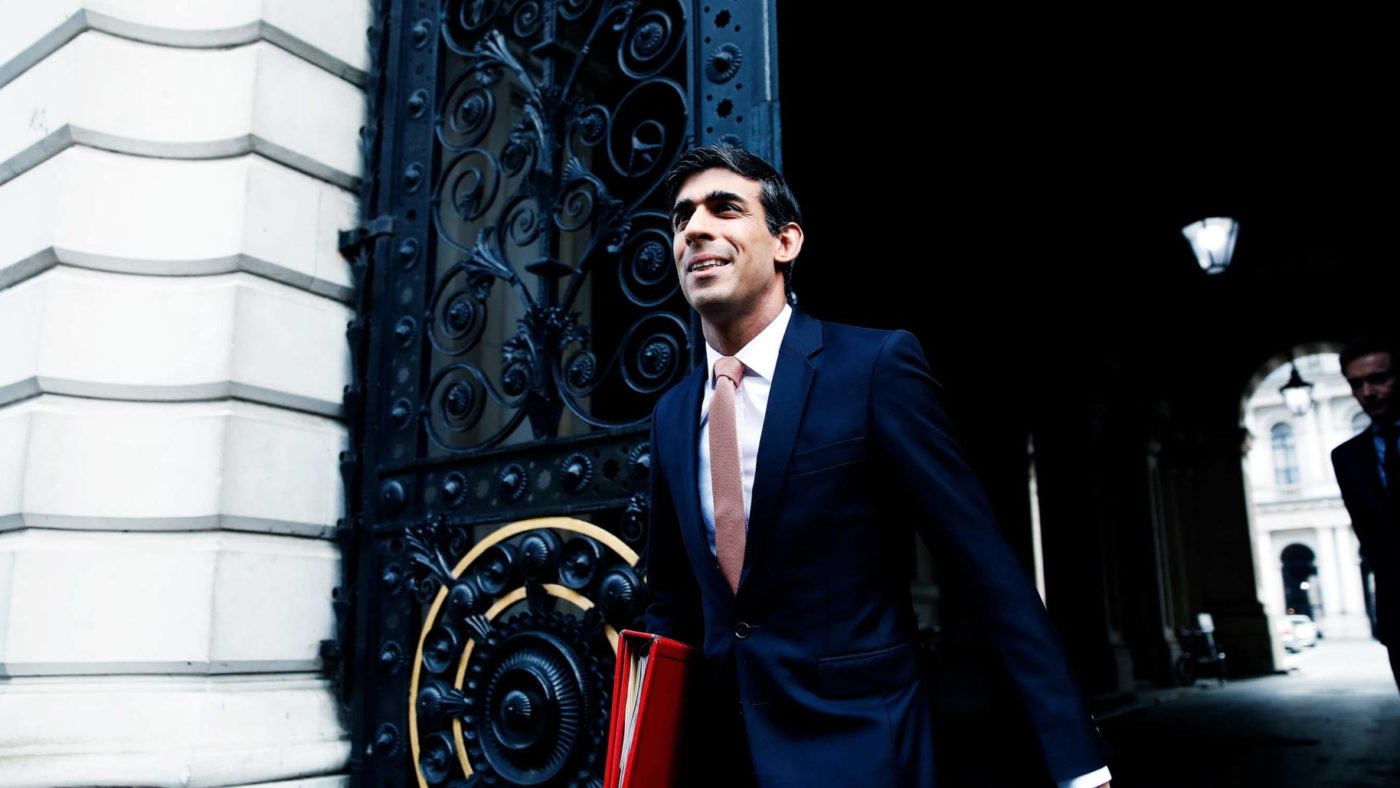The Prime Minister made a speech last week. About the economy. In the nadir of the biggest economic shock the country has seen for three centuries. Not long in advance of arguably the most important fiscal event of the pandemic thus far, with a ‘mini-budget’ expected this week.
If you detect a hint of irony in my tone, you can put that down to bemusement at how insubstantial the speech turned out to be. Even the keyboard warriors were reduced to a half-hearted row about whether the Prime Minister’s attempt to compare himself with Franklin D. Roosevelt stood up to scrutiny. A paltry £5bn of infrastructure investment brought forward – 0.2% of GDP, to the original New Deal’s estimated 40% – would rather suggest not. But what else was there to get stuck into? Other than confirming an already announced promise to guarantee every young person an apprenticeship or work placement, it was the speech’s only serious policy.
What is going on here? So wide was the gap between context and substance, I am almost tempted to blame it on the speech’s location – Dudley, my birthplace, and – how to put it – a town not known for its natural affinity with Boris Johnson’s preferred register of optimism. Yet, joking aside, there are only two possible readings of this conundrum. You could, if you like, call them ‘new deal’ or ‘no deal’, which has the handy advantage of doubling as the Government’s current Brexit strategy. The first is that the Government will shortly announce a rafter of Roosevelt-style goodies, but that it is Chancellor Rishi Sunak who will be doing the announcing. The second is that last week really is it – forget about the stimulus.
At this stage, it is difficult to tell which scenario will out (though, as a politically curious aside, both outcomes demonstrate the Chancellor’s growing assertiveness towards Number 10). Treasury sources seem keen to dampen expectations. Yet throughout the pandemic, Sunak has typically followed such briefings with more generous announcements when the moment finally arrives. Tory backbenchers, ever eager for crowd-pleasing tax cuts, will be hoping that pattern repeats itself once again this week.
One can understand the temptation. The pandemic should be viewed as a war-level fiscal event and at this stage we should not be overly concerned about the short-term consequences of borrowing big. Even with huge tax rises and deep spending cuts, reducing our debt to GDP ratio to pre-crisis levels will, as after the war, take decades. Moreover, unless the furlough scheme – the big debt-generator – actually finishes its job of supporting businesses through to a softer landing, then much of the money spent will be of questionable value. The point is surely to save businesses and stop a huge unemployment spike, not just kick the can down the road. If the Government needs to spend more to achieve this – whether through reducing employer contributions, enhancing flexibility options or extending beyond October for the most pandemic-sensitive sectors of the economy – then it should feel no compunction in doing so.
However, it is important to separate two distinct phases to the fiscal response here – support and stimulus. Whilst it is crucial the Government maintains a dovish attitude to the former, it is too soon to push the accelerator to the floor on the latter.
Last week, Andy Haldane, the brilliant chief economist of the Bank of England, talked up the possibilities of a V-shaped recovery, citing the curious effect that lockdown has led to a rise in personal savings. To be sure, there is huge demand potential in this but with respect to Mr. Haldane, I cannot see how a recovery of this nature will not eventually hit a hard ceiling. All the polling evidence suggests nowhere near enough of us feel safe enough to resume normal consumption patterns.
And this, it feels strange to say to a libertarian-ish Tory Government, is the key point: there are limitations to what the state – whether through relaxing lockdown, tax cuts or infrastructure investment – can achieve against the grain of our behaviour. As such, it feels far too early to switch to the stimulus impulse. A ‘new deal’ now would not come close to maximising the multiplier effects we need.
That is not to say nothing can be done. Investment in ‘retrofitting’ energy inefficient homes could provide socially distant jobs across the country. Scrappage schemes for home appliances or cars could unlock that pent-up demand and be targeted towards newer, greener models. Yet when the excitement from ‘Super Saturday’ subsides, many businesses may be about to receive a brutal lesson in ‘animal spirits’. The Government should focus on supporting them. The time for a new deal will come. But this week Rishi Sunak should stay his hand.
Click here to subscribe to our daily briefing – the best pieces from CapX and across the web.
CapX depends on the generosity of its readers. If you value what we do, please consider making a donation.


